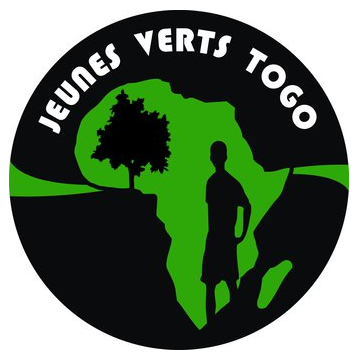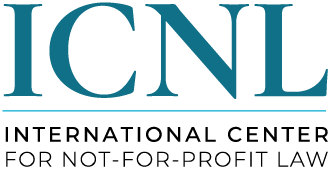At the two-day training, judges and their counterparts from the Bar interfaced to discuss the legal context, even though there was an intersection with lawyers from Paris who brought perspectives from Europe.
The Country Representative of ASF France in Nigeria, Mrs. Angela Uwandu Uzoma-Iwuchukwu, said the training was put together on the platform of the e-rights project being implemented by ASF France.
“It’s a partnership with Spaces for Change and CITAD, and we are focusing on enhancing the enjoyment of human rights in the digital sphere, ensuring that digital rights that are traditionally protected and respected offline are also protected and respected in the digital sphere.” And by this, we are referring to data privacy rights, freedom of expression, and freedom of assembly online. These are very important to ensure that Nigerians, young people, activists, influencers, and lawyers are able to engage strongly online without fear of censorship, surveillance, cyber attacks, or bullying, and to ensure that when their rights are violated, they know the laws to use.
“We have the right policies in Nigeria to protect the rights of citizens online. And also, the project, through another component, is providing legal assistance to victims of human rights violations in the online context.
Uzoma-Iwuchukwu noted that key issues thrown up by the evolution of the digital space would be addressed.
“We’re seeing issues of hate speech, misinformation, and disinformation, and these are some of the issues that the judges and lawyers are going to be taking through the course of the two days of training, and we’re looking at the legal context, the policies that are available, judicial decisions, and we’re also going to be dealing with issues around internet censorship, internet shutdowns, and how they affect the enjoyment of freedom of expression and the rights of citizens.”
She said the purpose was to develop a legal framework for digital rights in Nigeria and that, in view of consistent efforts to regulate social media by the political class in Nigeria, the e-rights project is engaging in advocacy at the national and state levels.
“We’re clearly working at the regional level to ensure that we’re influencing policy in this area from the perspective of rights, rights enjoyment, and rights protection because freedom of expression is already guaranteed by the Nigerian constitution, and we’re just making it very clear that it’s guaranteed, but it’s not only for offline purposes but also online.”
She explained that it involved engagement with legislators and other key actors and influencers, like regulatory agencies and technological companies, from the perspective of rights promotion.
Also on the legal landscape, Uzoma-Iwuchukwu avowed that it’s still too early to say there are flaws in the Nigerian system.
“It’s still too early to say that there are flaws in the Nigerian system. Currently, Nigeria does not have digital rights legislation. We don’t have a single coherent piece of legislation on the area of digital rights, as you have in some countries.
Efforts have been made in the past by one of the leading organizations in Nigeria working on a digital rights programme initiative to legislate digital rights in the country.”
An administrator of ASF France, Ivan Panef, in a comparison of the digital legislative scenarios in Europe and Nigeria, said there are two kinds of similarities.
“First of all, all these abuses that we discussed here are the same abuses that we can meet in civil life. It means the Internet world is just a mirror of the civil world, where we are every day. These kinds of abuses are more or less the same kind of abuses, but in the electronic area.
“The second similarity is exactly about the development of this new legislation, because it’s new in the EU and, at the same time, it’s new in Nigeria. That is why there is no difference.
“The European Council is discussing this legislation about AI as we speak. It means that we are completely in the same wave, in the same moment, to develop the new tools to combat abuses,” he stated.



